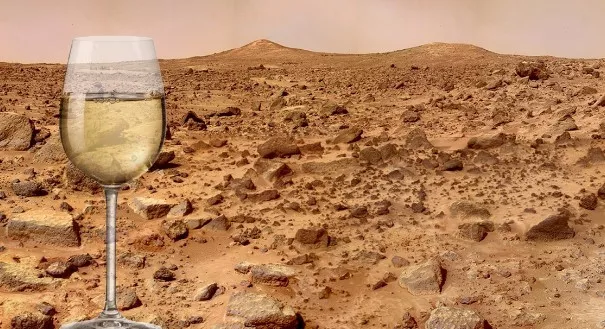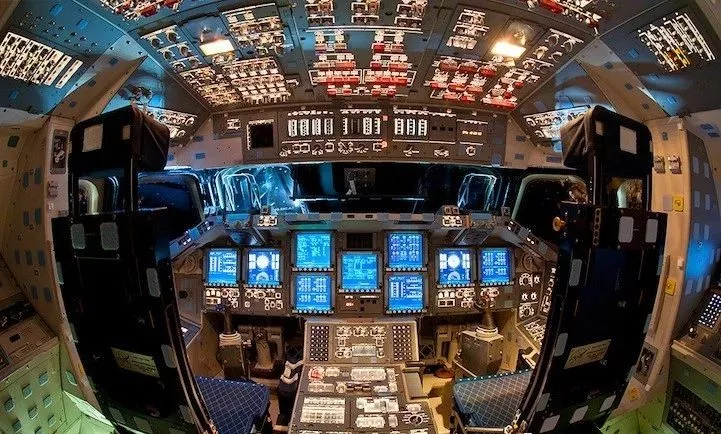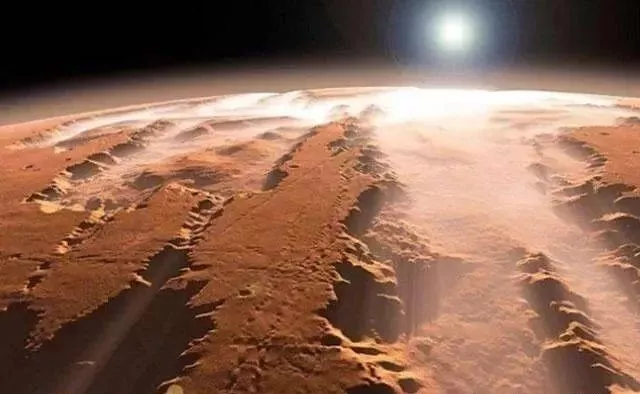The first astronauts on the expedition to Mars may lose much of their enjoyment on Earth, such as the protection of the ozone layer, but fortunately, the one they may not need to give up is wine.
Georgia, a country with a history of 8,000 years of viticulture, will allow the country’s top space and wine experts to study the cultivation of grapes on Mars.

The project, known as the “9000 Years” (to celebrate the ninth millennium of Georgian winemaking history), will contain several phases to clarify how to build agricultural infrastructure on Mars.
One of the key steps is to screen the grape varieties on Earth to find varieties that can adapt to the harsh environment on Mars (strong radiation, terrible sandstorms and temperature changes). This project helps to maintain the “wet” of permanent human settlements on Mars. After all, SpaceX founder Elon Musk plans to implement a manned landing mission to Mars in 2024.

Nikoloz Doborjginidze, founder of the Georgian Institute for Asia-Pacific Studies, said, “Georgia is going to make a contribution to human life on Mars. Our ancestors first brewed wine on Earth, so We should also be able to make wine on Mars first.” The origin of the wine is still controversial, but recent archaeological findings have shown that Georgians made wine in 6000 BC.
According to the Georgian news agency Agendaa.ge, the new wine project will be launched later this year, installing a “vertical hotbed” at a hotel in Tbilisi. Seeds (including grapes, strawberries and sesame) will be filled with soil. Growing in the container, there is a hydroponic lamp that provides light and is largely undisturbed, simulating the controlled agricultural container environment on Mars as much as possible.

Georgian winemakers are also not idle, they are screening grape varieties suitable for growing in the harsh environment of Mars. In the next few years, researchers at the Tbilisi University of Commerce and Technology plan to simulate the Martian environment in the laboratory.
These experiments may provide grape seedlings for future “Martians”, but the real fermentation, bottling and aging need to be done by themselves. Although no one knows exactly how the grapes are fermented in a microgravity environment, NASA considers this to be possible.

Georgia’s winemaking experiment is not the first time humans have attempted to grow crops in space. Astronauts on the International Space Station have begun to grow lettuce. The recently launched Chinese Chang’e 4 spacecraft will try to plant potatoes and Arabidopsis on the moon.
Budweiser beer has sent barley seeds into space three times, hoping to become the “first beer brand on Mars”; a group of Ardmore Scotch whiskies spent three years at the International Space Station in 2011-2014.


